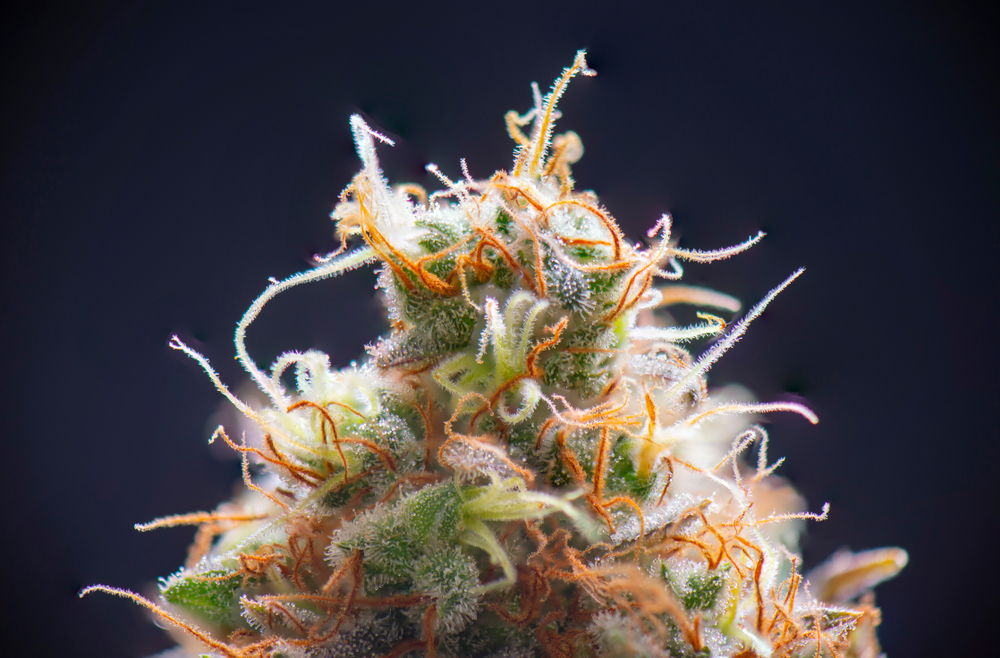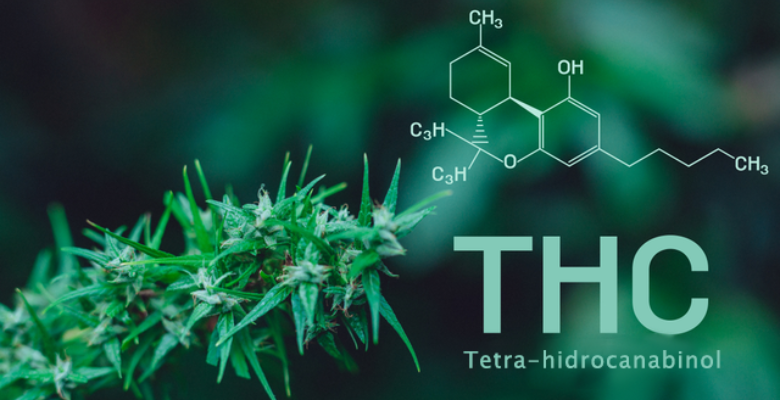Nearly 3 million people live with multiple sclerosis (MS) worldwide. Every five minutes someone is diagnosed with the disease.The numbers are from the third edition of the Atlas of Multiple Sclerosisreleased in September 2020 by the International Federation of Multiple Sclerosis (MSIF). The report also shows that people diagnosed with MS face barriers to accessing complementary therapies in 7 out of 10 countries — a scenario that needs to change, given the benefits that adjuvant therapies can provide to these patients, such as drugs based on Cannabis.
A survey carried out with Brazilian physicians and patients shows that most people with MS are between 18 and 34 years old and 77% of them have relapsing-remitting multiple sclerosis, which is the most frequent form of the disease.
As for symptoms, fatigue was cited as the one that most affected quality of life (by 74% of respondents), followed by in pain perception (42%), difficulty concentrating, cognitive problems (both by 37%). difficulty walking (35%), imbalance and tendency to falls (35%) and sexual and urinary problems (24%).
What is the potential of cannabis in multiple sclerosis?
Pain and spasticity
Baclofen, dantrolene, diazepam and gabapentin are currently the main drugs used to treat spasticity and pain during the course of the disease, but the results are modest — all the options mentioned are considered ineffective in approximately 40% of cases.
Manufactured by GW Pharmaceuticals and launched in 2005 in Canada, Sativex® ® was the first cannabis-based drug approved by several regulatory bodies in the world. The drug contains similar proportions of tetrahydrocannabinol (THC) and cannabidiol (CBD), and has been registered to treat symptoms of muscle stiffness and spasticity, related to multiple sclerosis. Twelve years later, the drug arrived in Brazil and was the first cannabis-based drug to have its registration approved by Anvisa, under the name Mevatyl®, in 2017.
>> Read more at: https://wecann.academy/cannabis-anvisa
Several studies in the literature have validated the benefits of medicinal cannabis to treat spasticity, exploring the therapeutic benefits of both the use of isolated cannabinoid THC, and extracts of the whole plant, such as Sativex® .
>> See at: https://bmcneurol.biomedcentral.com/articles/10.1186/s12883-021-02246-0
The papers reflect the results that MS patients experience when using medical cannabis. For example, at this Connecticut clinic, which interviewed one hundred and fifteen individuals being treated for MS, enrolled in the Connecticut Medical Marijuana Program (CTMMP). Patients completed a 36-question questionnaire about cannabis use, including frequency, effects on symptoms, and changes in prescription drug administration.
Benefits have been reported in relation to sensory symptoms such as pain, cramps and muscle spasms. A significant proportion of respondents said they had discontinued or reduced previously used drugs, especially opioids, benzodiazepines, muscle relaxants and other pain medications. The survey was published in February 2021.
Sleep disorders
Connecticut patients also cited the benefits of medical cannabis treatment for multiple sclerosis as a reduction in insomnia..
Another study conducted with patients at the University of British Columbia Hospital (UBCH) showed that 95% of them had improved sleep and pain with the use of cannabis. Most respondents did not report adverse effects (56%), but 20% had the perception of memory disorders and 18% of mental confusion.
>> Read more at Cannabis-based product use in a multiple sclerosis cohort
Urinary symptoms
There are findings that suggest positive clinical effects of cannabis in relation to urinary incontinence in MS. For a 2006 study, 630 patients with the disease were divided into groups that each received CBD-predominant Cannabis extract, THC alone, or placebo.
Those who received the cannabis extract had a 38% reduction in incontinence episodes; those who used THC alone, 33%;while the placebo group had only 18%.
Adverse effects
Most reviews on the use of cannabis in multiple sclerosis have identified similar adverse effects, usually described as mild to moderate in intensity. They are: dizziness, dry mouth, euphoria, diarrhea and difficulty concentrating. Overall, there was no significant impact on cognition.
There are several studies showing the potential of Cannabis in the adjuvant treatment of MS. It is worth remembering that plant substances also act as neuroprotectors, neuroantioxidants and neuro anti-inflammatory drugsAt the same time, they have a low toxicity and adverse effects profile.
If you want to know more about Cannabis discoveries in neurology, follow our blog. And if you are interested in Endocannabinoid Medicine and how to safely and effectively prescribe medicinal cannabis, be sure to check out the WeCann Academy certification program.
References
ASSOCIAÇÃO BRASILEIRA DE ESCLEROSE MÚLTIPLA. Atlas da EM 3ª edição. Disponível em https://www.abem.org.br/wp-content/uploads/2020/09/AtlasOfMS_3rdEdition_traduzido.pdf. Acesso em: 18 jul. 2021.
Fragoso YD, Carra A, Macias MA. Cannabis and multiple sclerosis. Expert Rev Neurother. 2020;20(8):849-854. doi:10.1080/14737175.2020.1776610
Freeman RM, Adekanmi O, Waterfield MR, Waterfield AE, Wright D, Zajicek J. The effect of cannabis on urge incontinence in patients with multiple sclerosis: a multicentre, randomised placebo-controlled trial (CAMS-LUTS). Int Urogynecol J Pelvic Floor Dysfunct. 2006;17(6):636-641. doi:10.1007/s00192-006-0086-x
Guarnaccia JB, Khan A, Ayettey R, Treu JA, Comerford B, Njike VY. Patterns of Medical Cannabis Use among Patients Diagnosed with Multiple Sclerosis. Mult Scler Relat Disord. 2021;50:102830. doi:10.1016/j.msard.2021.102830
Lopes, Larissa. Esclerose múltipla: apenas 26% são orientados sobre futuro com a doença. Revista Galileu. 2020. Acesso em: 18 jul. 2021.
Nielsen S, Germanos R, Weier M, et al. The Use of Cannabis and Cannabinoids in Treating Symptoms of Multiple Sclerosis: a Systematic Review of Reviews. Curr Neurol Neurosci Rep. 2018;18(2):8. Published 2018 Feb 13. doi:10.1007/s11910-018-0814-x
Schabas AJ, Vukojevic V, Taylor C, et al. Cannabis-based product use in a multiple sclerosis cohort. Mult Scler J Exp Transl Clin. 2019;5(3):2055217319869360. Published 2019 Sep 25. doi:10.1177/2055217319869360




